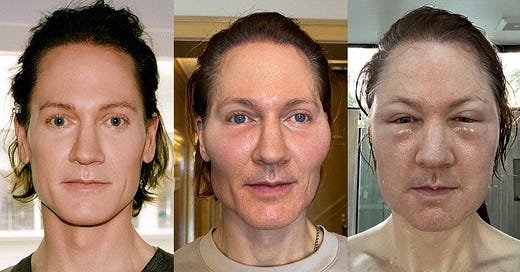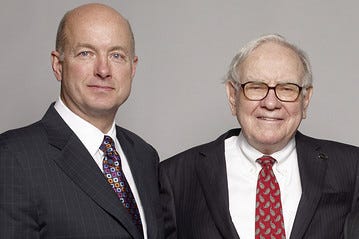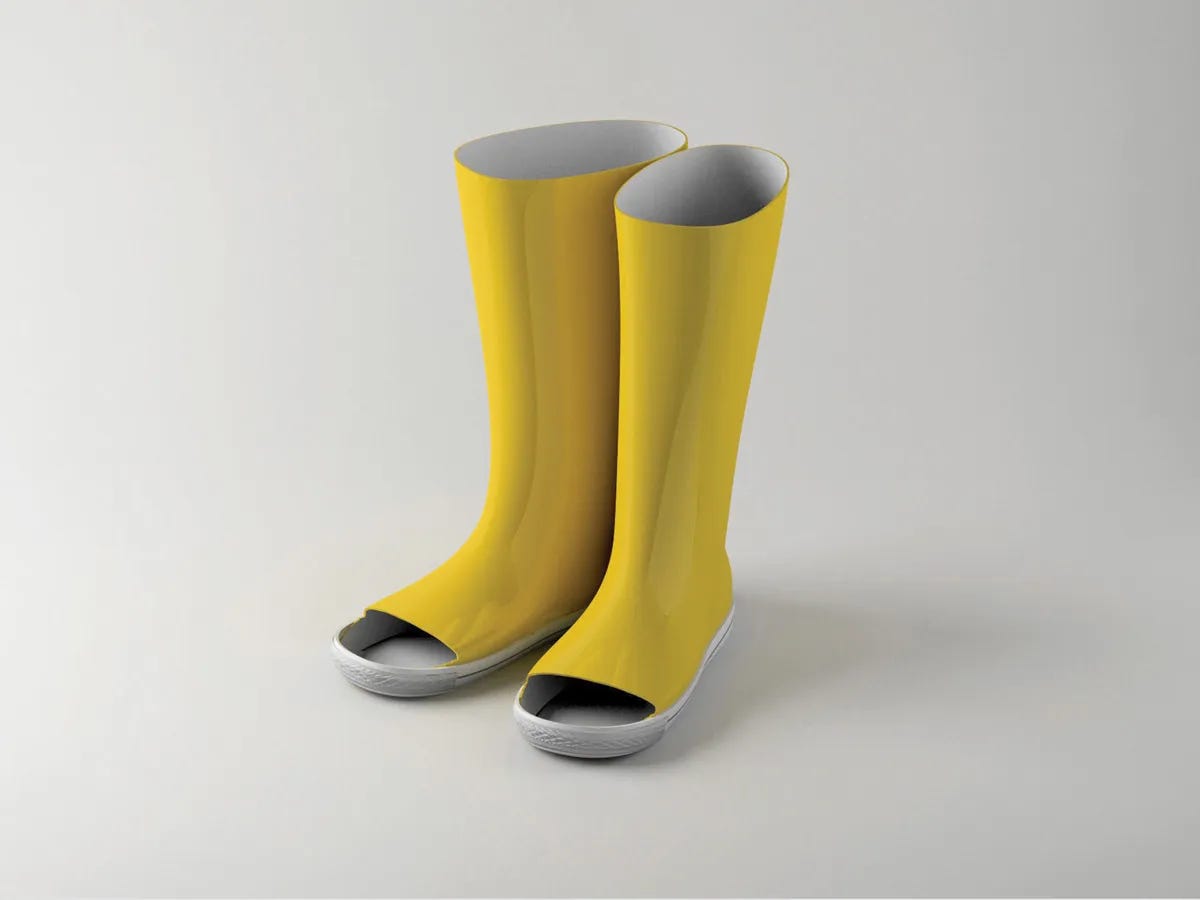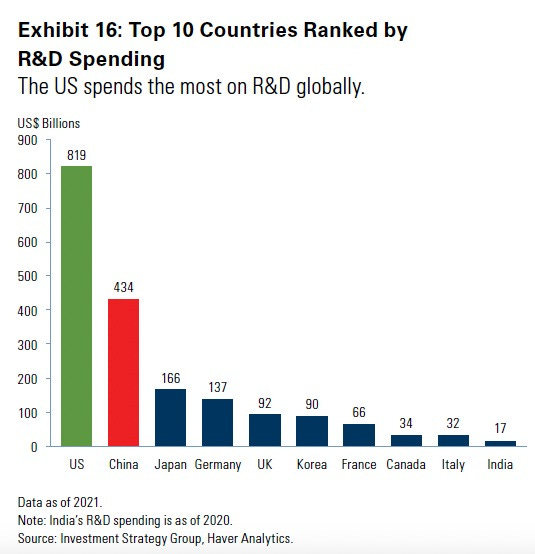Five Slices #10: Living forever
Clever people stupid mistakes, ants in water, nobody cares, no Indian Deepseek
If you are new here, I share five interesting stories, three times a week – from history, business, culture, psychology, art, etc. Subscribe here to get all future posts in your inbox:
You can check out the complete list of posts here.
1. Can money buy immortality?
Nithin had always been a fitness freak. He loved basketball, running, and swimming, and in 2023, he was in the best shape of his life. Then in February 2024, Nithin suffered a stroke which put him out of circulation for a while. For a while, he thought that he might have to retire from his professional role – except that Nithin aka
is the CEO of Zerodha, one of India’s largest Fintech companies. His hospitalization was shocking news to many. Fortunately, he recovered.Recently, Nithin and his brother Nikhil sat down with another multimillionaire – Bryan Johnson – to discuss: What would it take for humans to live forever? And should they?1
Bryan is famous as the “most measured man in human history.” After selling his company for a $300 million settlement, Bryan decided to obsessively track his vitals, DNA methylation, and every small bit of his body chemistry. A lot of this data is openly available for others to verify.
Bryan wants to optimize his fitness and health with the goal of “living forever.” Not just that, he wants to achieve this while transforming his body into that of an 18-year old. Bryan shares his formula to beat death through the Blueprint Project, under the motto “Don’t Die.” There’s even a Netflix documentary on him.
In the attempt to be 18 forever, Bryan has sometimes done things like pumping his face with a scaffolding of fat that gave him an allergic reaction. For a while after, he went from this to this:
On the podcast, Nithin posed his own life experience as a question to Bryan: Despite his commitment to health and fitness, Nithin had still fallen ill due to a stroke. Did Bryan think that his obsessive measurement and his billions would prevent illness? Bryan replied that he was humble and realistic about the prospects of falling ill, and all that he was trying to do was push the limits of what people thought possible. It was a thought experiment taken to its extreme.
The entire podcast (linked above) is very interesting as a discussion between people obsessed about health and longevity. You should definitely check it out. If you want to explore how Bryan kicked off this crazy project, this piece by
who catapulted him to fame gives a behind-the-scenes look into his origin story.2. Clever people, Stupid mistakes
David Sokol was an excellent investment manager. High up in Berkshire Hathaway, the company that Warren Buffett founded, he was being groomed to take over from Buffett and his partner Charlie Munger who both had high praise for him.
But then, Sokol did something stupid. As part of his routine work, he recommended a company named Lubrizol to Buffett. He knew that Berkshire would buy Lubrizol stock – and that its share price would definitely go up. With this information in hand, Sokol bought Lubrizol shares secretly before Buffett did. And he did this multiple times before Warren Buffett made the announcement public.
The issue eventually came to light, and Sokol resigned before his activities were discovered by Buffett. He made a profit of a mere $3 million through this stunt when he was earning $24 million through his normal duties. Buffett and Munger were both disappointed with him, understandably.
This isn’t the first time clever and extremely wealthy people threw away their career for something they didn’t even need. Rajat Gupta was sentenced to years in jail for leaking insider information. Bernie Madoff was extremely wealthy through legitimate business – and yet he ran a Ponzi scheme. What they earned through fraud was nothing compared to their net worth, and yet they did it. Like Warren Buffett said:
To make money they didn't have and didn't need, they risked what they did have and did need. And that's foolish. It is just plain foolish.
3. Why do ants get stuck in water droplets?
I once accidentally flicked a lizard from the windowsill of my fourth floor apartment, and I spent the night awake, wondering if it had survived. I had to Google it.
It led me to this article by biologist J.B.S Haldane called “On being the right size.” Have you ever wondered why there aren’t deer the size of elephants, or rabbits the size of cows? Why don’t we have giant cockroaches as big as eagles chasing us around (thankfully)? It’s because there is an optimal size for every biological structure. This is the same reason that you can throw an ant from the top of a table – thousands of times its size – and it will just keep walking. Gravity is useless against insects.
You can drop a mouse down a thousand-yard mine shaft; and, on arriving at the bottom it gets a slight shock and walks away, provided that the ground is fairly soft. A rat is killed, a man is broken, a horse splashes. For the resistance presented to movement by the air is proportional to the surface of the moving object. –– JBS Haldane
But insects struggle with another force – surface tension. If you put an insect in a drop of water, it struggles to escape because the water coats its body and it’s burdened with a weight much larger than itself.
(Oh, and the lizard I flicked would have survived. Thank God.)
4. Caring 1% more
Have you ever waited in a queue frustrated with how inefficient the system was? Angry at all the pointless documentation that you need to submit because nobody cares about user experience? (Read my article about starting a company in India) Maybe you saw products like these designed by people who never used them:
Grant Slatton wrote a great article called “Nobody cares” venting his frustration about the fact that most people don’t care – but he ended with something interesting.2 There are places in the world where people actually care 1% more and do their job, just because they can. Japan is one such place. From what I’ve heard, Singapore is like this too.
Why do you think some places care, and some just don’t?
5. China has Deepseek, what about India?
Deepseek has been all over the news, with some saying that China is managing to beat America on a shoestring budget and that this is a triumph of ingenuity. It got me wondering why India isn’t even on the map when it comes to AI or tech-related stuff. Indians are heavy consumers of open-source projects but don’t contribute as much. Its engineers are great at cloning Whatsapp, but don’t design new paradigms like that.
Why? This graph explains a lot:
The US spends $819 billion on R&D. China spends $434 billion. India spends just $17 billion. That’s just 2% of what the US spends and 4% of what China spends.3 How can we even compete? It’s one thing to say we need to work 70 hours a week, and it’s another to put your money where your mouth is.4
You can read one more post here about how China’s Deepseek AI is giving US OpenAI a run for its money. But before that, please like and share this post to support my writing. Thanks!
Thanks to my friend Anjan for sharing this article
These figures are from 2020. From what I researched, this number seems to be dropping further. If I’m wrong, please correct me.
Thanks to my friend Noble for sharing this graph and info












It was good to know about some Indians experience in their pursuit of innovation n riches
I always have great admiration for the Japanese people, on learning about their sincerity in doing things, my respect for them increased many folds, wonderful 👍